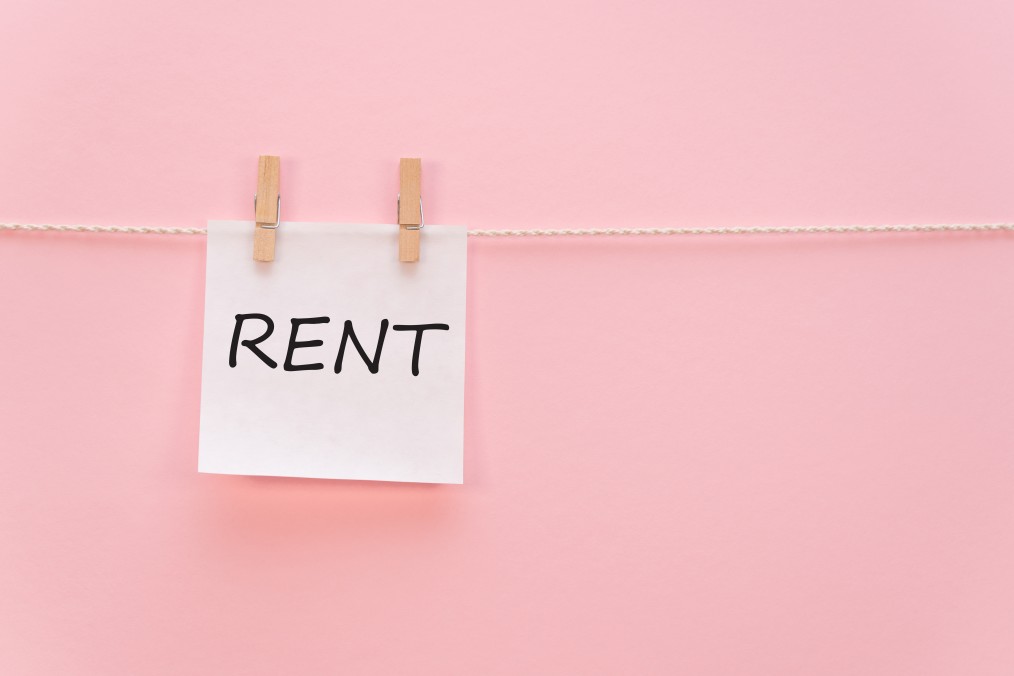
You must continue to uphold your end of the landlord-tenant relationship.ĭiscrimination is a severe offense and not one you should take lightly. Similarly, you cannot change your policy toward a tenant because their status in any of these categories changes. If you decide not to accept a rental application because of the applicant’s nationality, you would be breaking the terms of the Fair Housing Act and could face severe fines and legal action. When choosing future tenants or handling current tenants, it is illegal to discriminate based on: This act has been essential for creating housing support for marginalized communities and a more fair environment within the rental industry. The Fair Housing Act, established nationally in 1968, prohibits landlords from discriminating against their tenants or potential tenants applying to rent a property. #1: Discriminating Against Applicants Or Tenants

When working as a landlord, it is essential to both your legal protection and your basic professionalism to avoid doing the following. Even if there isn’t a specific law, most lease agreements and courts will show that these things are not permitted. These things are codified into most state laws or approved federally. While the specifics of what a landlord can and cannot do is dependent on state laws and lease agreements, some general things should never occur. In return, tenants can expect not to be harassed, to be allowed to enjoy the property as they please with privacy, and never to be unfairly forced out of the unit. Three factors determine the specific rights and responsibilities of both landlords and tenants:Īs a landlord, you have the right to dictate the rent, the tenancy period, guest rules, rental care expectations, and several other factors in the lease. Instead, you must focus on fulfilling your end of the agreement while holding tenants accountable for their part. Even when tenants aren’t your favorite, you cannot simply do whatever you want. New and experienced landlords alike need to be aware of what they can and cannot do. Trying to force an eviction or harassing tenants, for example, will get landlords into big legal and financial trouble. There are specific things that you, as a landlord, cannot do. On the landlord’s side, it’s important to remember that while you own the property, the tenant has a right to live there undisturbed during their tenancy. The two are balanced to create a situation intended to be mutually beneficial. Landlord-tenant law demands that both parties have rights and responsibilities. Additionally, you are both granted certain rights. When you enter into a lease agreement with your tenant, you agree to fulfill specific responsibilities. Landlord-Tenant Laws: What A Landlord Cannot Do Rights And Responsibilities: Do You Know Yours?.


It’s in your best interest as a landlord to be informed about these guidelines and for your tenants to be aware of their rights and responsibilities. Today, we’ll run through a complete guide that highlights eight things that landlords cannot do. So, what exactly is illegal for a landlord to do? The rental industry isn’t a free-for-all with landlords at the helm-lots of moving pieces work together to create a cohesive, mutually beneficial environment. What a landlord cannot do is clearly outlined in each state’s landlord-tenant laws, and federal regulations affect how landlords handle their business. While there are state laws that may provide additional rights to one party or another, the truth of the matter is that both landlords and tenants have to abide by specific rules. There’s a common misconception that landlords wield more power than tenants when it comes to rentals.


 0 kommentar(er)
0 kommentar(er)
